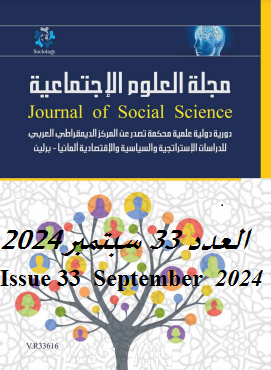Curriculum engineering between theoretical foundations and ideological backgrounds: a case study of the Tunisian experience
Keywords:
curriculum, The educational dimension, Pedagogy and ideology, Learner competencies, The Tunisian experienceAbstract
This study aims to analyze the impact of ideologies and educational theories in shaping the academic curricula around the Arab world based on the case study of the Tunisian experience in the field of curriculum reform. It investigates the manifestations and limits of the trade-off between the demands of modern pedagogical theories and the ideological tendencies influenced by policy makers as well as the aspirations of society to achieve modern education of international standards. Furthermore, we seek to identify in this work how the educational, ideological, and political factors alter the process of curriculum reform, and we inspect the bounds and limitations of each factor. We conclude this study by introducing a model that takes all of the aforementioned variables into consideration and tries to achieve an academic curriculum that well satisfies the ideological and pedagogical aspects and guarantees a learning environment where students can prosper and thrive
Downloads
Published
Issue
Section
License
Copyright (c) 2024 Journal of Social Sciences

This work is licensed under a Creative Commons Attribution-NonCommercial 4.0 International License.
This work is licensed under CC BY-NC 4.0






